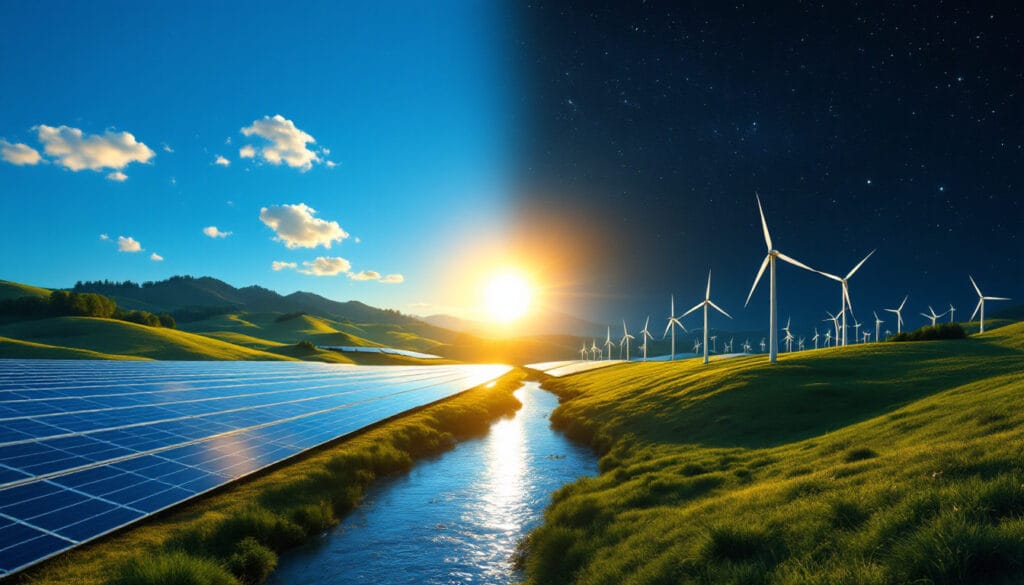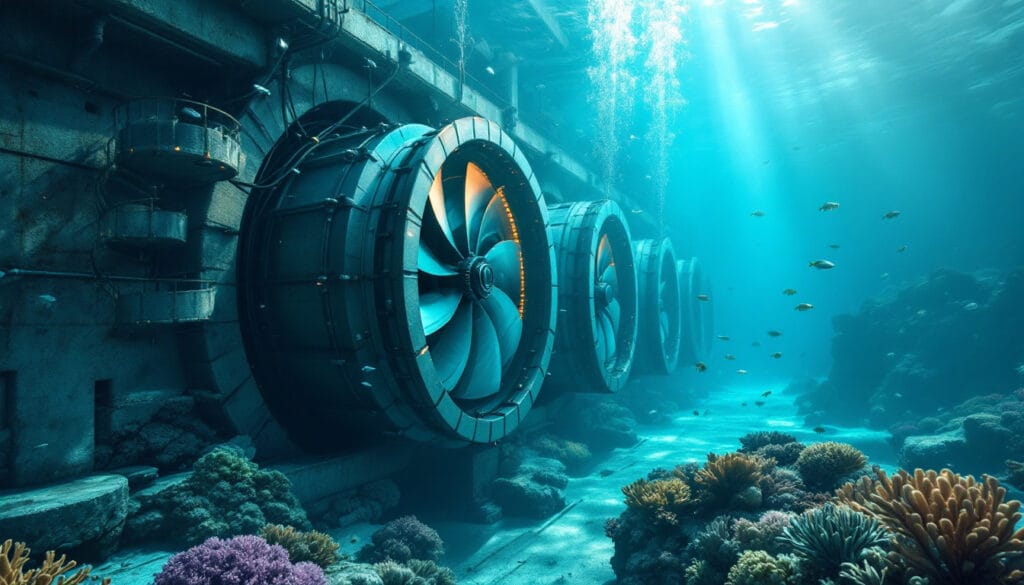The climate change is an increasing global concern, fueled by an average temperature rise of 5 °C over the last ten millennia. This climatic evolution, primarily exacerbated by human activity and greenhouse gas emissions, generates unprecedented challenges in accessing energy and geostrategic stability. Two centuries have been enough to disrupt our climate, threatening our water resources and stimulating new migratory movements. Initiatives to combat this phenomenon are multiplying, but the urgency remains to identify effective and sustainable solutions.
Climate Change: The term refers to a lasting alteration of the climate, encompassing changes in temperatures and precipitation over extended periods. Over the last 10,000 years, our planet has experienced an average temperature increase of 5 °C, leading to major environmental upheavals. This dynamic is largely influenced by human activities, endangering the balance of our ecosystems.
Global Warming: Considered one of the primary symptoms of climate change, it results from the emissions of greenhouse gases produced by human activities. These gases, such as carbon dioxide and methane, trap heat in the atmosphere, resulting in a gradual increase in global temperatures. If no action is taken, warming could reach +4 °C by 2100.
Greenhouse Gases: These compounds present in the atmosphere act similarly to the walls of a greenhouse, retaining heat and altering the earth’s climate. The main sources of emissions are the combustion of fossil fuels, deforestation, and intensive agricultural practices. Reducing these emissions is essential to slow down global warming.
Consequences of Climate Change: The impacts of these climatic changes manifest as alterations in weather patterns, a rise in sea levels, more frequent extreme weather events, and compromised access to energy and water. These effects also disrupt geostrategic balances and exacerbate population movements across the globe.
Energy Transition: To counteract the harmful effects of climate change, a transition to renewable energy sources is crucial. This shift involves evolving our traditional energy systems toward more sustainable solutions like solar, wind, or bioenergy. Initiatives such as the international partnership for the development of clean energy underscore the urgency for global cooperation.
Carbon Sequestration: A method considered to mitigate the greenhouse effect is carbon capture and storage (CCS). This involves capturing carbon dioxide produced by industries and burying it in underground reservoirs to limit its climatic impact.
Technological Initiatives: Technological advancements, such as those from Ford with its energy innovations, foreshadow innovative solutions for a sustainable future. Furthermore, the development of clean energies is accelerating, particularly thanks to the progress in greentech.
Role of Governments and Institutions: Government support is vital to implement policies aimed at reducing emissions and promoting renewable energies. Concerted actions at the international level are necessary to contain the effects of climate change and ensure a viable future for generations to come.

FAQs: Understanding Climate Change
Articles similaires
Thank you!
We will contact you soon.













